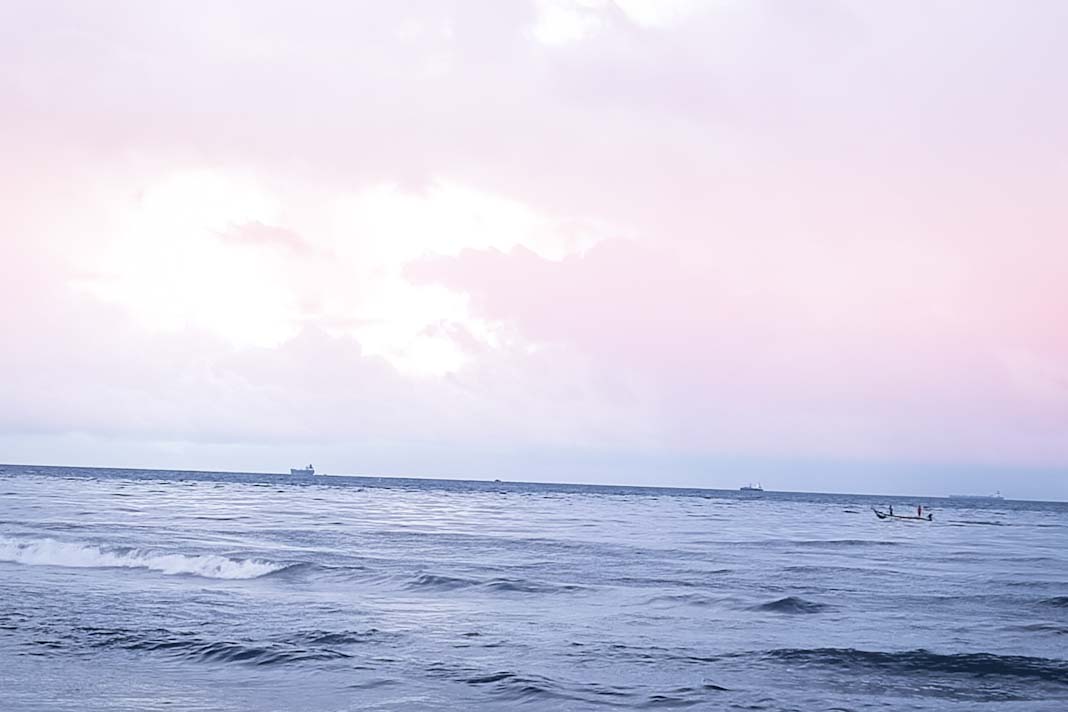
At the International Union of Marine Insurance (IUMI) 150th annual conference in Berlin, Ilias Tsakiris, Chair of IUMI’s Ocean Hull Committee and CEO of Hellenic Hull, highlighted the evolving landscape of ocean hull underwriting. He emphasized both the sector’s rich legacy and its responsibility to prepare for future challenges, particularly in a world of rapid technological change and geopolitical tensions.
Growth in Global Ocean Hull Premiums
Tsakiris opened by noting the robust growth in global ocean hull premiums, which increased by 7.6% in 2023 to USD 9.2 billion. This growth has been driven by heightened shipping activity and the rising value of vessels, as shipowners continue to invest in more technologically advanced fleets. Hull underwriters have responded by expanding their coverage to accommodate these higher-value assets.
Emerging Market Pressures and Changing Claims Environment
Despite the positive growth, Tsakiris warned of emerging challenges, particularly with new capacity entering the market. Insurers seeking rapid expansion could disrupt the market’s stability. Furthermore, the industry experienced an increase in claims frequency and costs in 2023, though these figures have stabilized to pre-pandemic levels. Tsakiris acknowledged that the post-pandemic environment has introduced new dynamics, but stressed the industry’s resilience in adapting to these changes.
Geopolitical Tensions and Trade Route Disruptions
Geopolitical tensions, particularly in the Middle East, have had significant impacts on global trade routes. Tsakiris pointed to the Red Sea crisis, where Houthi rebel activities have caused many shipowners to avoid the Suez Canal, opting for longer, riskier voyages around Africa. These alternative routes expose vessels to increased risk, from operating in unfamiliar waters to facing limited salvage and repair facilities. Such disruptions also have environmental consequences, as longer routes lead to increased fuel consumption and higher emissions, complicating efforts to reduce the shipping industry’s carbon footprint.
Risk Management in Conflict Zones
The growing risk landscape, influenced by geopolitical tensions, has prompted underwriters to be more selective in insuring vessels tied to high-risk regions. Vessels connected to countries like the US, UK, and Israel are subject to more stringent risk assessments, especially given the complexities introduced by sanctions and ongoing conflicts.
Sustainability and the Future of Shipping
Looking ahead, Tsakiris highlighted the industry’s commitment to supporting the transition to more sustainable shipping. The adoption of dual-fuel vessels and the exploration of alternative fuels are reshaping the global fleet. However, challenges remain, particularly with an ageing fleet and the rise of the “dark fleet”—vessels with unclear ownership and questionable classification. These ships pose significant risks for marine insurers due to their lack of transparency and the increased difficulty in assessing liability in cases of accidents or pollution.
Education and Adaptation for the Future
Despite these challenges, Tsakiris reaffirmed IUMI’s commitment to excellence in underwriting, emphasizing the importance of education and expertise. He announced the upcoming launch of the IUMI Masterclass in Hull Insurance, aimed at ensuring professionals are equipped to navigate the complexities of the evolving industry. He concluded by highlighting the marine insurance sector’s ability to adapt, expressing confidence in its continued evolution and growth over the next century.
Did you subscribe to our daily Newsletter?
It’s Free Click here to Subscribe!






















![[Watch] What is a Ship Citadel Room?](https://mfame.guru/wp-content/uploads/2023/11/mfame-container.jpg)
